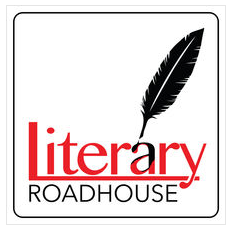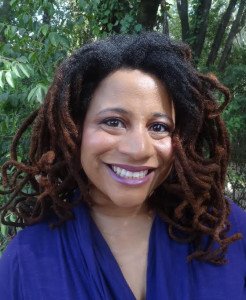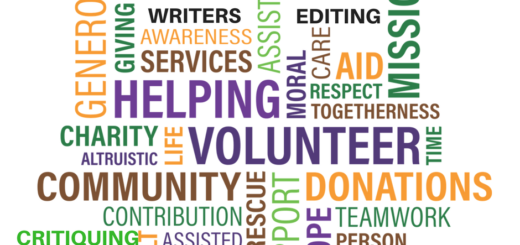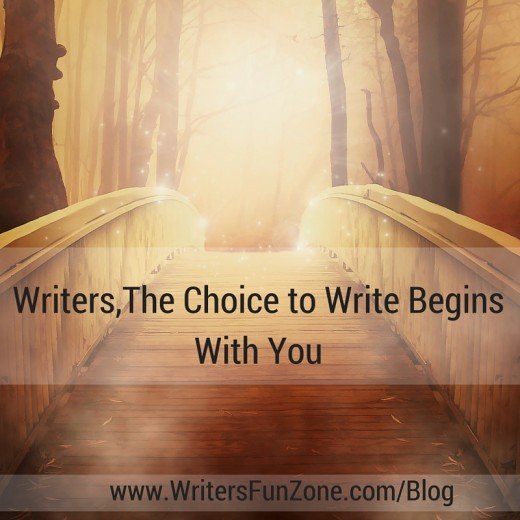Benefits of a Strategic Short Story Reading Practice by Maya Goode
 Today we welcome a new guest writer to Writer’s Fun Zone, Maya Goode who is stopping by to chat with us today about “Benefits of a Strategic Short Story Reading Practice.” Enjoy!
Today we welcome a new guest writer to Writer’s Fun Zone, Maya Goode who is stopping by to chat with us today about “Benefits of a Strategic Short Story Reading Practice.” Enjoy!
***
“Read…one poem a night, one short story a night, one essay a night for the next one thousand nights.” Ray Bradbury, 2001 Lecture
When great writers give advice to “read more,” it is good advice but incomplete. If you read the same types of stories, by similar writers who write on similar levels, you will not learn as much as you will if you read diversely. Reading across culture, race, style, and techniques, you will gain many skills that you can later add to your writing.
Last year I began a journey with significant effects on my writing. After sifting through reading lists and do it yourself MFA articles I had two problems; I don’t read quickly, and I hadn’t been a heavy reader in years. Staring at my reading list, I felt a like a new runner facing a marathon.
I needed high quality reading that I could get through quickly, and other people to discuss it with. I also knew that I could cover multiple genres, styles, techniques and skill levels by reading short stories in the same time it would take to read one novel.
Armed with this insight, I founded the Literary Roadhouse, a short story reading and discussion podcast, with several co-hosts. Since beginning the podcast, I read closer and find more detail than I might have found just reading on my own. The biggest reason is that I am forced to take notes and re-read stories since I have to discuss them with others. The deeper reading has allowed me to see trends in what I like and don’t like, and to spot themes and symbolism that previously would have been felt exclusively in my subconscious.
It’s also easier to commit to reading a short story from an author I’m not attracted to than a novel. So far several writers I never thought I would enjoy have earned valuable positions on my regular reading list. Most importantly, by reading stories I don’t like, I learn much more about writing than from reading stories I do enjoy. While picking apart why a story works is a learning experience, picking apart why a story doesn’t work for me but does work for others is informing my overall understanding of craft.
One of the biggest benefits I’ve had from reading and discussing short stories with others has been finding fault with great writers. This may sound odd, but in finding fault with writers I respect, I’ve found myself becoming more brutal in my own editing. In December, I revised three short stories for submission. I spent hours re-writing until they were the best writing I’d done until that point. Yet, after two months of focused short story reading, the sentences that always gave me trouble were easy to cut, and others seemed to have solutions that glowed neon.
My writing tightened as I used elements from other styles of writing and put into practice a new ability to see theme and symbolism. Instead of looking at my work as just storylines, characters and paragraphs, I found an attention to detail that led me to edit at the word level. By reading great stories and dissecting them, I was learning to dissect my own work.
I also cannot stress enough the importance of reading hard or difficult works. Read the geniuses as well as rough work from inexperienced writers. Both will give you huge opportunities for growth. Lastly, by committing to more complex and difficult short stories, I’ve learned to read deeper and redeveloped my elusive reading habit.
So, I challenge you to go out and find a couple friends or strangers and dive in. Find a short story a week and then discuss and analyze them. If you can’t find a few people to meet in person, look online. Pick stories you love, stories you hate and pick at random. Read those short stories twice or even three times. When a story is less than ten thousand words, multiple readings don’t feel like a sacrifice. If you’re a busy writer with a job and children, fit the short stories in as you cook, toilet, get ready for bed or while you eat. Discussing short stories is changing both my reading and writing; I hope they can help you toward your goals too.
Ray Bradbury lecture from 2001 https://www.youtube.com/watch?v=_W-r7ABrMYU#t=377
Reading like a writer: A guide for people who love books and for those who want to write them by Francine Prose
***
ABOUT THE AUTHOR
 Maya Goode was born in Las Vegas and raised by a woman who shared neither blood nor race. Growing up on the edge of identities, she writes stories that delve into questions of self. When she isn’t watering her awesome teenage twins, she is editing her first two novels.
Maya Goode was born in Las Vegas and raised by a woman who shared neither blood nor race. Growing up on the edge of identities, she writes stories that delve into questions of self. When she isn’t watering her awesome teenage twins, she is editing her first two novels.







Oh boy! This is reminding me that I have not been listening to Literary Road House and it was on my things to do. After this two week binge writing session I’m going to get on that!